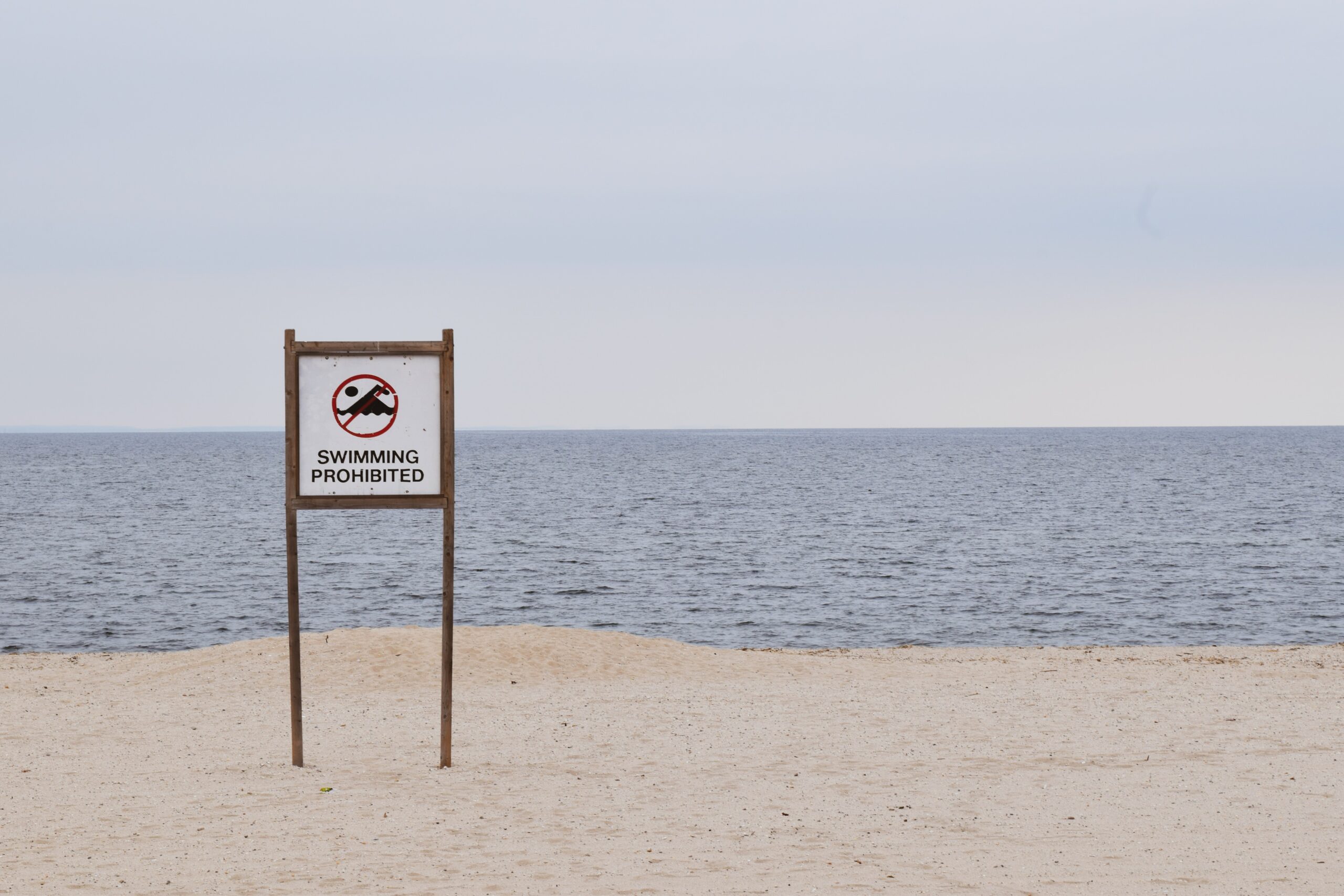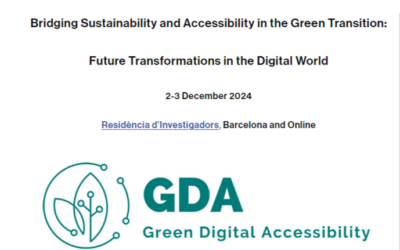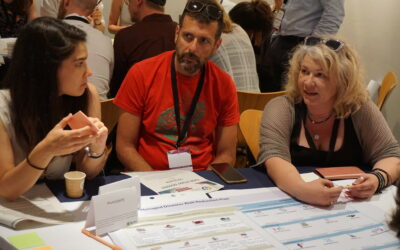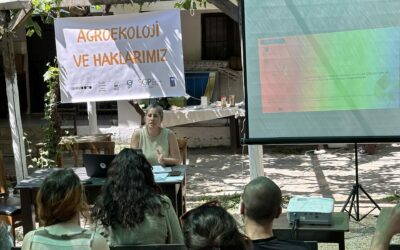
Photo by Noah Negishi
The most exciting places in nature (whether beautiful, fertile or diverse) typically attract a variety of human activities and interests. Some of these are economic in nature (agriculture, forestry, transport, etc.), while others might be recreational – linked to travel and tourism. We all like to enjoy the power of fabulous landscapes, exciting places. Some of us like hiking for days off the beaten track with a tent.
Yet such activities can also have a significant impact on the surrounding environment. Evidently, all human activities result in a changed nature and environment. They accordingly need to be managed and controlled.
To regulate and limit human impact, protected areas stand as last resorts of species and ecosystem biodiversity. They are the ultimate artifacts of an “intact” nature and traditional land use. Biodiversity is an important topic since it sustains nature as a productive and healthy place to be kept intact future generations.
Happily, in many settings the use of nature is free to all. However, this does not mean that such use has no legal constraints. Biodiversity is sustained by legal measures guided through long-term environmental stewardship, which is a multi-country endeavour and also prioritised in the European Green Deal.
Despite such regulations, groups under economic pressure often have other priorities and need to sustain their way of living or surviving. They practice a variety of activities to meet their socio-economic needs even though these activities are often forbidden. In ACCTING’s second research line we consider the perceptions and stories of users of nature, with a focus on people belonging to vulnerable groups.
The formal or informal use of nature does not stop at the borders of protected areas. Entering ecologically sensitive areas is common practice. Other practices such as agriculture, wood collection or logging in forests, collecting herbs or pasture of animals, and the use of nature for recreation are also affecting ecologically sensitive areas. Many of these activities are ecologically devastating – such as waste dumping, non-registered logging, and mining. Yet, there remains a broad diversity of negative but also positive effects from informal use.
This research line focuses on the complex relationship between biodiversity and the human use of restricted areas such as nature reserves. It includes study sites in Bulgaria, Hungary, Portugal, Romania and Turkey. In these sites, ACCTING researchers plan to collect local “stories.”
The ACCTING study sites differ in the extent to which human use is restricted in the area. The level of restriction ranges from “strictly” protected areas, such as NATURA 2000 national parks, to those with only minor restrictions focused on specific human activities. Often the delivery of ecosystem services, such as clean air and water, or fire protection are the formal and legitimate arguments for land-use restrictions.
The (pre-selected) sites also include a variety of semi-urban and rural areas, and represent vulnerable groups with limited income from (formal) employment opportunities. In some cases, users are themselves competent stewards and agents of change – who identify and thoroughly understand the value and uniqueness of a site.
ACCTING’s open research approach puts people with their narratives and stories in focus – people who are often not given an opportunity to have their voices heard in such debates. The project researchers meet regularly to discuss the common way forward and how we can capture stories and practice of users in the most effective way – so that we can best learn from them. Finally, getting more insights of what is the understanding of a “fair” use of nature contributes to the broader discussion of how Europe can protect and use its nature for the benefit of all.
About the authors
 Martin Felix Gajdusek, ZSI, is a manager and researcher engaged in multidisciplinary projects. He works since 2002 in fields such as development co–operation, transnational institutional (peer-) learning and capacity building focusing e.g. on evaluation and institutional cooperation. With a background in landscape ecology and experience with institutional change of established STI institutions and regional development, he contributes to issues such as STI evaluation culture as well as to Green Deal topics from a social science perspective.
Martin Felix Gajdusek, ZSI, is a manager and researcher engaged in multidisciplinary projects. He works since 2002 in fields such as development co–operation, transnational institutional (peer-) learning and capacity building focusing e.g. on evaluation and institutional cooperation. With a background in landscape ecology and experience with institutional change of established STI institutions and regional development, he contributes to issues such as STI evaluation culture as well as to Green Deal topics from a social science perspective.

Gabor Szudi, ZSI, is a project manager and researcher who has been involved in various national and international STI projects dealing with the development and management of bottom-up initiatives and social innovations in the science-society nexus. His research interest lies in how STI solutions might contribute to the mitigation of socio-economic inequality patterns and the building of more inclusive knowledge economies, also from the environmental aspects brought forward by the Green Deal. In this sense, he is supported by his previous work experience gained as a Horizon2020 “energy” NCP and a scientific co-worker of the Hungarian environmental and water management research institute.



